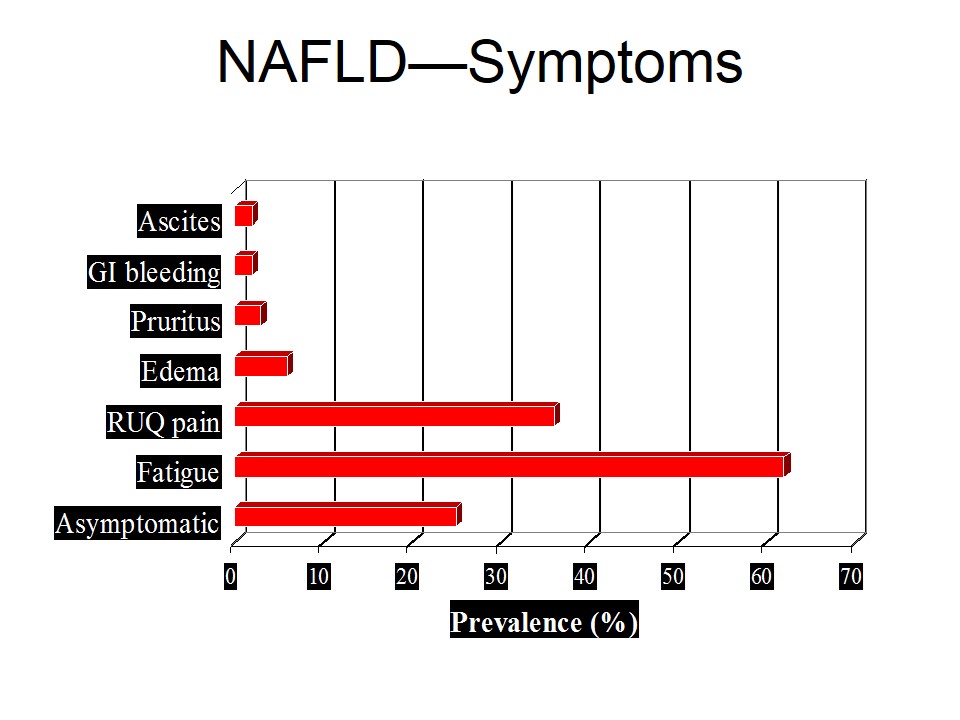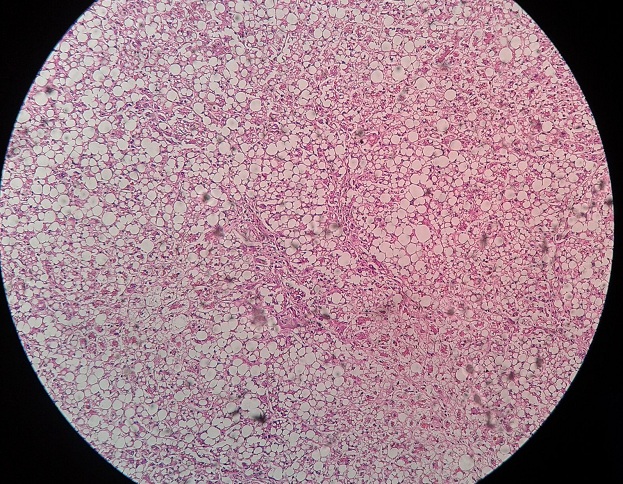Hyperplasia constitutes an increase in number of cells in an organ or tissue which may then have increased volume. It is an adaptive response of cell to excessive physiological or pathological stimuli and occurs in cellular population capable of synthesizing DNA, and thus permitting mitosis.
Though hyperplasia and hypertrophy are two different processes, but frequently they occur together and may be triggered by the same stimuli.
Examples
- Estrogen induced growth in uterus involves both increase in DNA synthesis and enlargement of smooth muscles during pregnancy.
- Proliferation of glandular epithelium of female breasts at puberty and during pregnancy.
- Benign prostatic hyperplasia occurs in response to androgens.
- Hyperplasia also occurs in response to certain viral infections like human papilloma causing warts.
- In wound healing, blood vessels and fibroblasts also undergo hyperplasia.
- Myocardial fibers are non-dividing and undergo hypertrophy only (cannot synthesize DNA).
Types of Hyperplasia
1. Physiological Hyperplasia
a. Hormonal Hyperplasia
It increases the functional capability of tissue when needed e.g. proliferation of breasts, at puberty and during pregnancy, which is usually accompanied by hypertrophy of glandular epithelial cells.
Increase in size of uterus during pregnancy is also an example of hormonal hyperplasia.
b. Compensatory Hyperplasia
After partial hepatectomy, if one lobe of liver is donated for transplant, organ grows back to its original size.
2. Pathological Hyperplasia
It is due to excessive hormonal stimulation or it is the effect of growth factors on stem cells. Examples include:
a. In endometrium due to increased hormone
b. Wound healing
c. HPV infection causing warts
In cells with mitotic ability, both hyperplasia and hypertrophy can occur. It predisposes to neoplasia.
Mitotic ability of cells
• High –epidermis, intestinal epithelium, hepatocytes, BM, fibroblasts
• Low –bone, cartilage, smooth muscles
• Nil –neuron,cardiac muscle ,skeletal muscle.
“Hypergenesis” means increase in number of cells/proliferation of cells. It may result in the gross enlargement of an organ. Hyperplasia is a common preneoplastic response to stimulus. Microscopically cells resemble normal cells but are increased in numbers.
Hyperplasia Differences from Neoplasia
Hyperplasia is considered to be a physiological (normal) response to a specific stimulus, and the cells of a hyperplastic growth remain subject to normal regulatory control mechanisms. Physiological proliferation of cells may, in fact, be secondary due to a pathological cause. Still, the proliferation itself is a normal response to another abnormal condition, in contrast to neoplasia, where the proliferation in itself is abnormal.
Hyperplasia Causes
- increased demand, for example, proliferation of basal layer of epidermis to compensate skin loss
- chronic inflammatory response
- hormonal dysfunctions
- compensation for damage or disease elsewhere
- growth and multiplication of milk-secreting glandular cells in the breast as a response to pregnancy
- induced artificially by injecting hormones such as IGF-1 and human growth hormone
Perhaps the most interesting and potent effect IGF has on the human body is its ability to cause hyperplasia, which is an actual splitting of cells.
Hyperplasia may also occur abnormally, and is associated with a variety of clinical diseases.
Some of the more commonly-known clinical forms of hyperplasia, or conditions leading to hyperplasia, are:
- Benign prostatic hyperplasia, also known as prostate enlargement.
- Cushing’s disease
- Congenital adrenal hyperplasia
- Endometrial hyperplasia
- Hemihyperplasia when only half (or one side) of the body is affected, sometimes generating limbs of different lengths.
- Hyperplasia of the breast
- Intimal hyperplasia
- Focal epithelial hyperplasia
- Sebaceous hyperplasia
Want a clearer concept, see all images on Hyperplasia
 howMed Know Yourself
howMed Know Yourself




